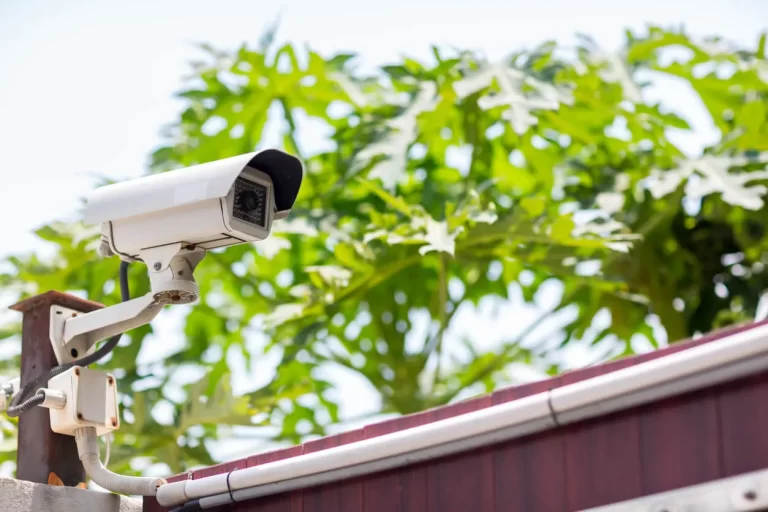
Are Security Cameras an Invasion of Privacy? The Ultimate Guide to Legal Implications of Security Camera and Alarm Systems
Disclaimer: This guide offers general information and should not replace professional legal advice. For specific inquiries or detailed guidance, consult with a legal professional.
Are Security Cameras an Invasion of Privacy in Georgia? In today’s security-conscious environment, installing security cameras and alarm systems is a standard practice for businesses and homeowners alike. However, it’s crucial to navigate the legal landscape surrounding their use to ensure compliance with laws and regulations. This guide, provided by Atkins Systems, aims to offer comprehensive insights into the legal implications of using security camera and alarm systems, focusing on key areas such as privacy, consent, data handling, and compliance with federal and state laws.
Understanding Privacy Laws:
Reasonable Expectation of Privacy:
- Cameras installed in public areas are generally legal, but private areas like bathrooms or bedrooms are off-limits. Georgia law prohibits invasive surveillance in areas where there’s a reasonable expectation of privacy (O.C.G.A. § 16-11-62).
Are Security Cameras an Invasion of Privacy?:
- Not inherently, but they can be if used improperly. The key is balancing security needs with individuals’ privacy rights. Cameras should not be placed in areas where people expect privacy.
Consent and Notification:
Audio Recording Laws:
- Georgia’s one-party consent law (O.C.G.A. § 16-11-66) allows audio recording as long as one person in the conversation consents, impacting security systems with audio capabilities.
Notification and Signage:
- While not mandatory, signage about active surveillance can mitigate privacy concerns and enhance the legal standing of camera use.
Data Handling and Storage:
- Protecting Footage:
- Secure storage and limited access are crucial for protecting surveillance data, especially under data protection laws like the GDPR for European Union interactions.
Compliance with Federal Laws:
- Wiretap Act and ECPA Compliance:
- The Federal Wiretap Act and Electronic Communications Privacy Act regulate electronic communications’ interception, relevant to security systems with audio recording.
Potential Legal Issues and Disputes:
Can Your Own Security Cameras Be Used Against You?:
- Yes, in certain circumstances. If your security cameras capture evidence of illegal activity on your property, this footage can potentially be used against you in legal proceedings.
Liability Concerns:
- Negligence in maintaining security systems or using them for harassment can lead to legal liabilities.
Atkins Systems: Securing Cherokee County Since 1983
While security cameras and alarm systems are essential for safety, understanding their legal implications is equally important. Ensuring compliance with privacy laws, responsibly handling data, and being aware of how camera footage can be used legally are key to a balanced and lawful approach to property security. For tailored advice, consider consulting legal professionals and security experts like Atkins Systems.
